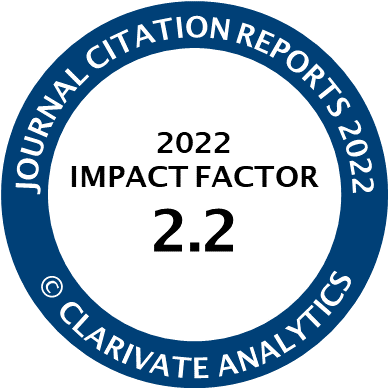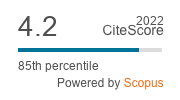Article | Open Access
Twitting Against the Enemy: Populist Radical Right Parties Discourse Against the (Political) “Other”
| Views: | 879 | | | Downloads: | 637 |
Abstract: There is a common agreement in considering populism as a Manichean worldview that oversimplifies and polarizes political options reducing them to a symbolical struggle between an “us” and a “them.” “Us” is embodied by “the people,” equated with “good,” and “them” is identified by political “Others,” often embodied by “the elites” who are depicted as inherently “evil.” Naturally, the nature and composition of the people and the elite vary according to both ideology and political opportunities. This article examines the discursive construction of political opponents in two populist radical right parties: Lega in Italy and Vox in Spain. Based on the analysis of a selection of tweets by the two party leaders, Santiago Abascal and Matteo Salvini, this study applies clause-based semantic text analysis to detect the main discursive representations of political opponents. The article concludes that Salvini focuses all the attention on the left, while Abascal, although predominantly identifying the left as the main enemy, also targets pro-independence parties. The discursive construction of the “enemy” is based on two main strategies: demonization, the framing of opponents as “enemies of the people” who, along with dangerous “Others” such as immigrants, conspire against the “people” and are blamed for everything that is “wrong” in society; secondly, character assassination of individual politicians through personal attacks, which aim to undermine their reputation and deflect attention from the real issues towards their personal traits and actions.
Keywords: character assassination; demonization; Italy; Lega; political discourse; populism; populist radical right; social media; Spain; Twitter; Vox
Published:
Issue:
Vol 11, No 2 (2023): Hate Speech, Demonization, Polarization, and Political Social Responsibility
© Laura Cervi, Santiago Tejedor, Mónica Gracia Villar. This is an open access article distributed under the terms of the Creative Commons Attribution 4.0 license (http://creativecommons.org/licenses/by/4.0), which permits any use, distribution, and reproduction of the work without further permission provided the original author(s) and source are credited.




